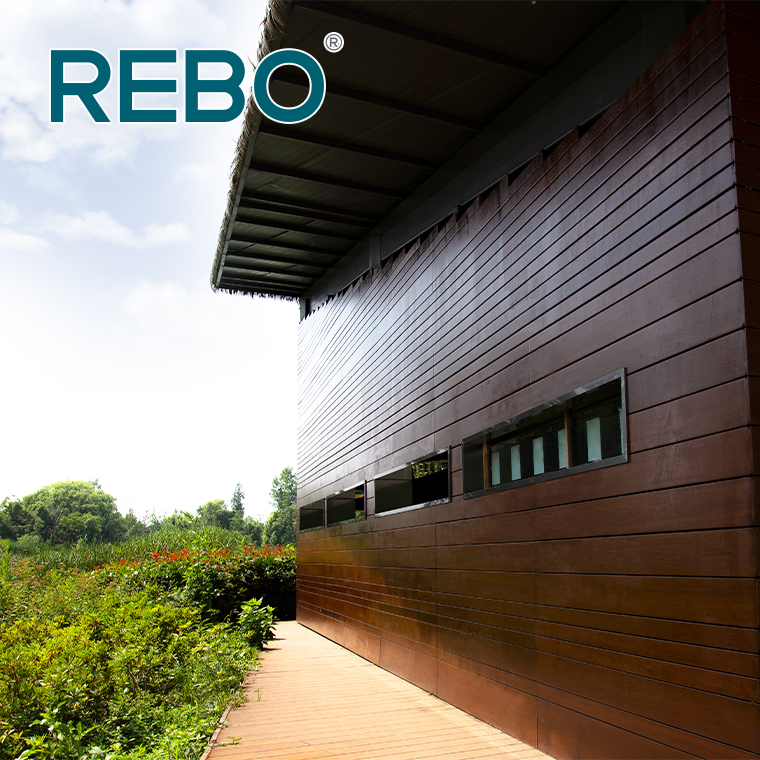Why are bamboo products eco-friendly?
Bamboo products offer numerous benefits to the environment, making them an outstanding choice for a sustainable future. Bamboo is a remarkable plant that exhibits several eco-friendly characteristics.
Firstly, bamboo is an incredibly renewable resource. It has an extraordinary growth rate, with some species being able to reach maturity in just a few years. This rapid renewal ability means that it can be harvested and replenished continuously without causing significant damage to the ecosystem. In contrast, traditional wood sources often take much longer to regenerate, leading to deforestation and habitat loss.
Secondly, the cultivation of bamboo requires relatively fewer inputs such as pesticides, fertilizers, and water. This minimal use of chemicals and resources helps to reduce the environmental impact associated with agricultural practices. Additionally, bamboo's extensive root system helps to prevent soil erosion and maintain soil fertility.
Furthermore, bamboo products have a lower carbon footprint compared to many other materials. The manufacturing process of bamboo often involves less energy consumption and emits fewer greenhouse gases. Moreover, when bamboo is used as a substitute for non-renewable materials, it helps to reduce overall carbon emissions.
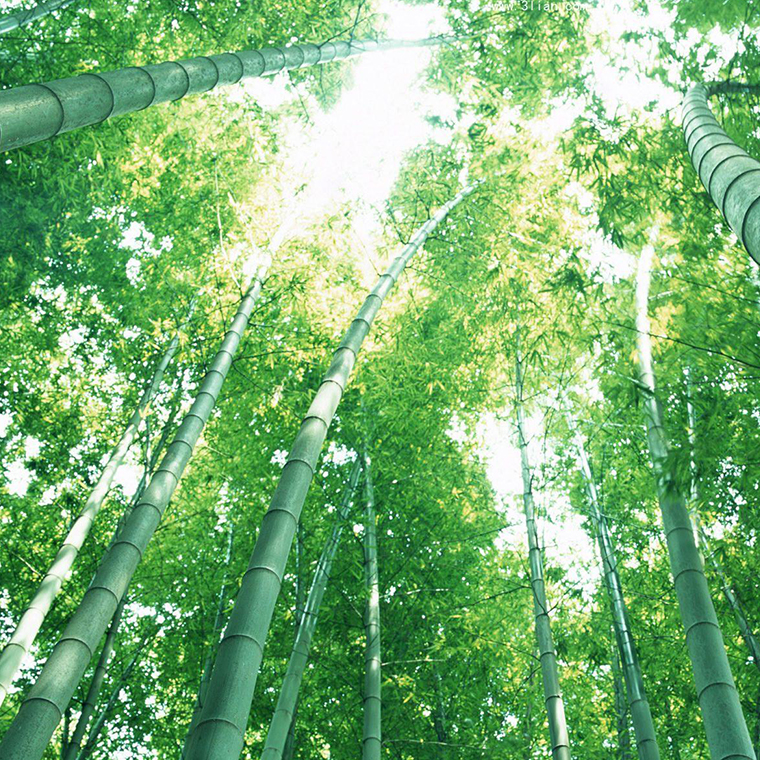
Another important aspect is that bamboo is a natural and biodegradable material. At the end of its lifespan, it can decompose naturally without leaving behind harmful residues or persistent waste. This characteristic is crucial for minimizing the accumulation of waste in landfills and reducing the environmental burden.
In addition, the use of bamboo products promotes local economies and sustainable livelihoods. Bamboo's cultivation and processing can provide employment opportunities in rural areas, helping to improve the economic well-being of communities. This, in turn, leads to a more sustainable and balanced development.
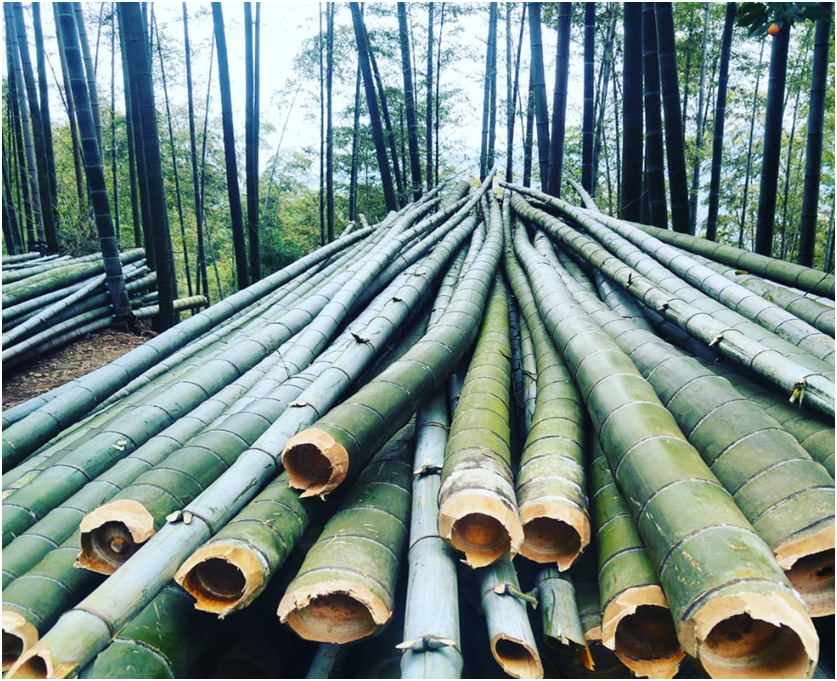
Bamboo is also highly versatile and can be used in a wide range of products, from furniture and flooring to textiles and construction materials. This flexibility allows for a reduction in the reliance on less sustainable alternatives. For example, bamboo flooring is a popular choice as it is durable, aesthetically pleasing, and has a smaller environmental impact than traditional hardwood flooring.
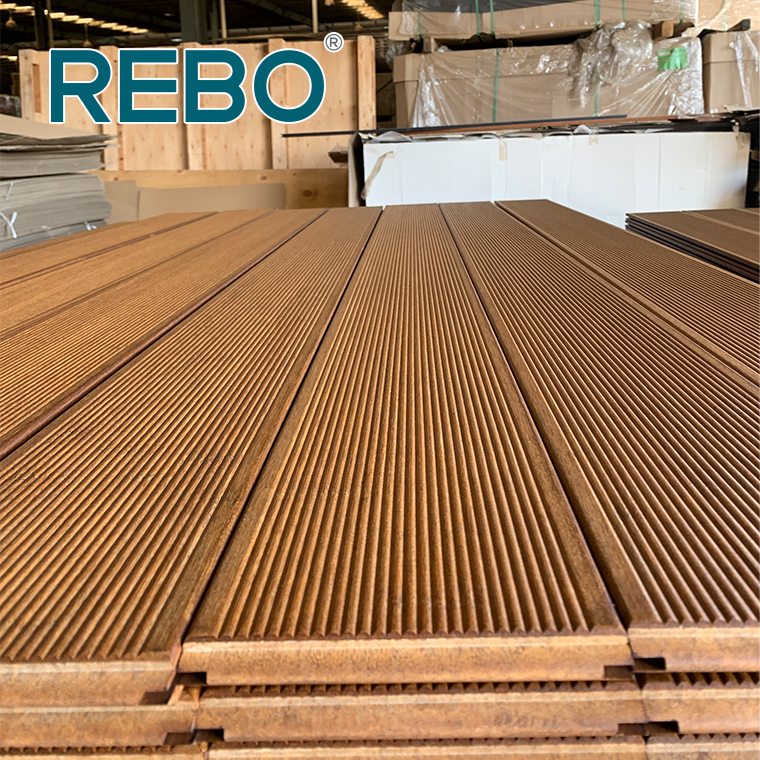
In the construction industry, bamboo has shown great potential as a sustainable building material. It can be used in the form of poles, beams, and panels to create strong and stable structures. Bamboo-based construction offers advantages such as lightweight, good insulation properties, and resistance to earthquakes.
Moreover, the growing awareness and demand for eco-friendly products are driving innovation and research in the bamboo sector. This is leading to the development of new technologies and processes to enhance the performance and quality of bamboo products while further minimizing their environmental impact.
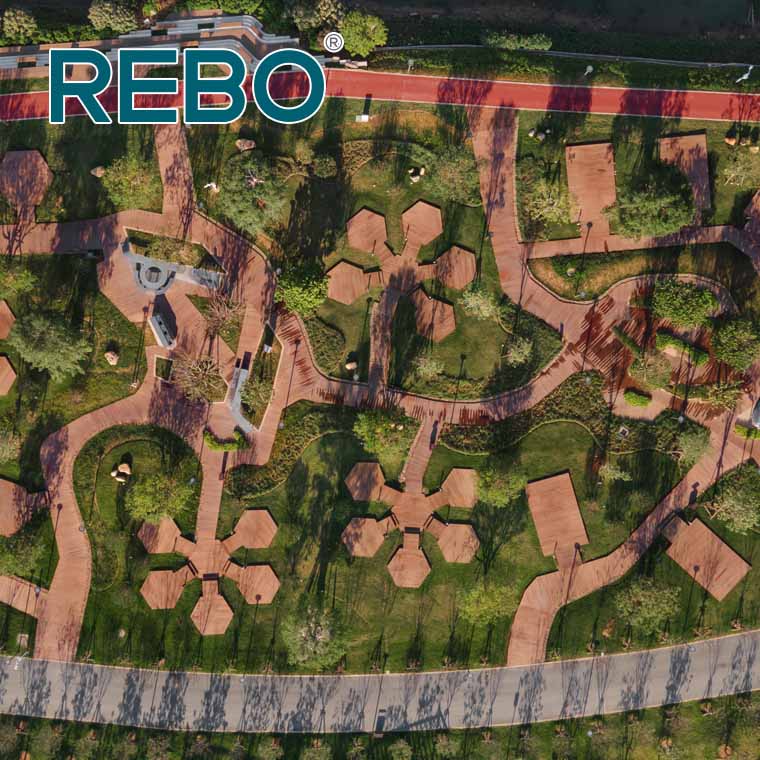
In conclusion, the use of bamboo products is a significant step towards a more environmentally conscious and sustainable world. Their numerous benefits, including renewability, low environmental impact, and biodegradability, make them a valuable alternative to traditional materials. By choosing bamboo, we can contribute to the protection of our environment and the creation of a greener future.
